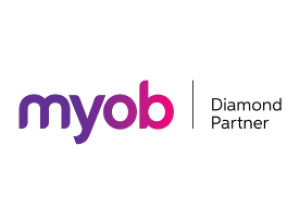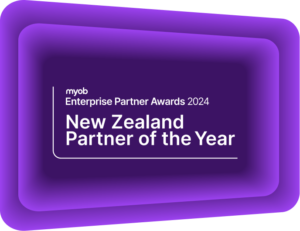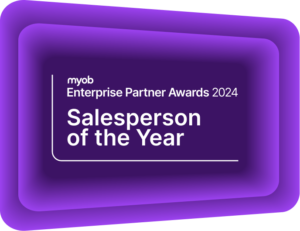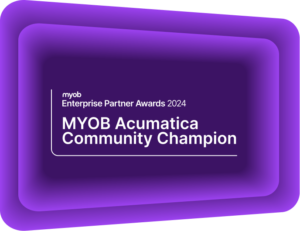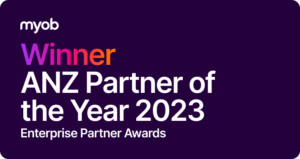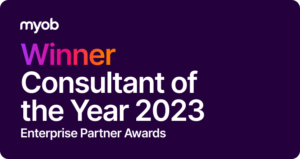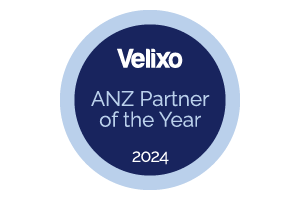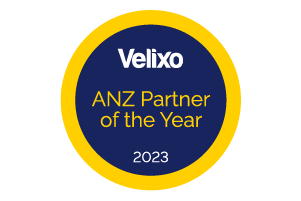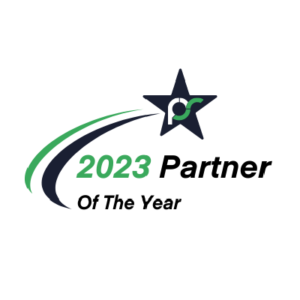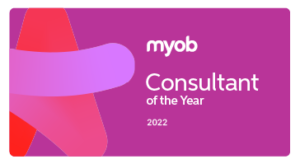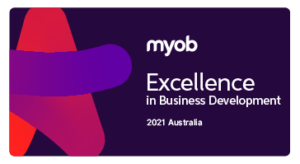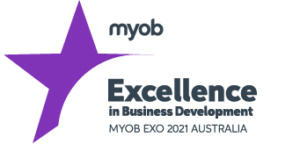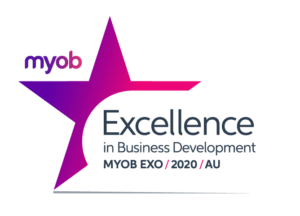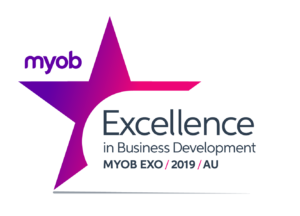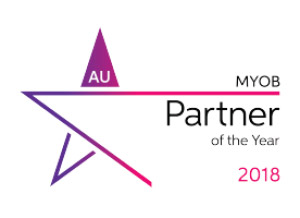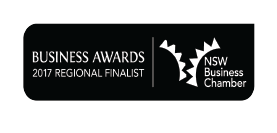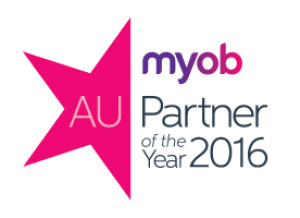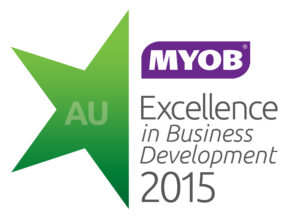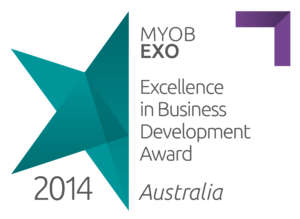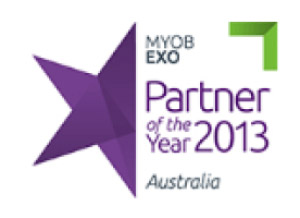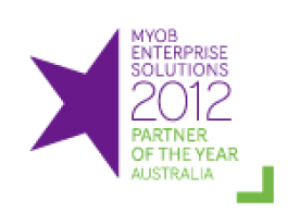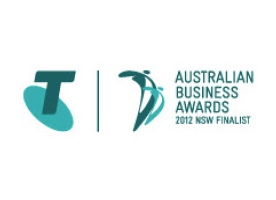ERP Readiness Assessment: How to Prepare for a Successful ERP Project
Is your business ready to upgrade to an ERP system?An Enterprise Resource Planning (ERP) system is a powerful piece of software that larger, more complex organisations use to manage their business. It is the next stage of software once you grow out of an off-the-shelf accounting system.
Choosing when to implement a new ERP solution is critical. Too early and you will be overwhelmed by the complexity and not get the full value from the system. Implement too late and it is likely that you have fallen a long way behind your competition. An ERP Readiness Assessment is the key to identifying the right time for your business to implement an ERP system.
What is an ERP Readiness Assessment?
An ERP Readiness Assessment is a set of criteria against which you evaluate your business and your processes to decide if you are ready for an ERP system. Readiness also includes your current state of preparation for an ERP system and your ability to support and use it as an organisation.
A simplified ERP Readiness Assessment Checklist might consider the following factors:
- Annual revenue
- Number of monthly transactions
- Number of companies within a group
- Number of SKUs
- Employee headcount count
An ERP Readiness Assessment is focused on strategic and operational factors that are specific to your organisation. It should answer the question “Does my organisation need an ERP system?”. An ERP Readiness Assessment is not the tool to select an ERP system. For that, you would need the guidance of a trusted technology expert.
Why does an ERP Readiness Assessment Matter?
An ERP system involves a significant investment of time and resources to complete. If your organisation is not suitable for an ERP system, then this investment is taking away other opportunities to grow your business. Investing in an ERP implementation at the wrong time can be catastrophic for a smaller, growing business. Some organisations are not ready for an ERP implementation, as they may be unable to invest the resources or may be ill-equipped to handle the shift in processing and workflows that comes with a more sophisticated system. An ERP Readiness Assessment matters in your selection process because it helps to identify where your organisation sits on its technology journey.
ERP implementations rely on managing risk
Skipping an ERP Readiness Assessment drastically increases the risk of something going wrong during or after the implementation. Self-Inflicted Risk is one of the three areas of risk that must be managed in an ERP implementation. For example, one risk is “can our own team devote the appropriate resources to the implementation?”. A trusted software partner can help you manage the risks of an ERP implementation; however, an ERP Readiness Assessment is key to identifying these risks.
The Key Areas of ERP Readiness
An ERP Readiness Assessment is centred around 5 key areas.
Business Process Clarity
Are your processes established, repeatable, and consistent?
One of the key value propositions in an ERP system is its ability to automate processes across your organisation. This relieves your team of the burden of manual administrative work and lets them focus on more important tasks that grow the business. However, for a process to be automated, it must be structured and consistent. A business without consistently repeatable processes will be ill-suited to an ERP and not see the full benefit from its automation capabilities. With the advent of Artificial Intelligence, this is imperative.
Executive and Team Buy-In
Does the entire team recognise the need for an ERP system?
Team buy-in is incredibly important for a successful implementation project. Rushing into an implementation when your organisation and team is not ready creates significant pain for everyone involved. Change management is a critical step in any implementation, regardless of initial buy-in, as users adjust to the new systems capabilities. However, when everyone is already aligned on the goals of the implementation it becomes significantly easier to adjust to a new way of working.
Both decision makers and end-users must be aligned on the need and requirement for more sophisticated business management software. If the push is solely from the top-down, the new system is likely to be met with resistance. The end users will see minimal difference in their day-to-day work, with little context to how the system brings any improvement to the wider organisation.
Data Readiness
Are your databases clean and structured, albeit disconnected?
ERP systems are a chance to consolidate your disconnected databases and integrate separate applications together to form a single source of organisational truth. Having all your data available in one place is critical for making fast, accurate decisions and quickly communicating information across your entire team. It is normal and expected for some work to migrate data from your old systems into your ERP system. However, this process is expedited significantly when your existing databases are clean and structured.
Data readiness is something that can be fixed in the relative short-term, compared to the other considerations for ERP Readiness. It will take significant resourcing from your team to accomplish this, however, any progress made will make the implementation process easier. For example, addresses in your customer list are often disorganised and inconsistent and can be a good place to start when cleaning your data.
Technical Infrastructure
Can your current technical infrastructure support the requirements of an ERP system?
There are many different types of ERP systems, and while assessing your readiness is not a part of the selection process, it is important to understand what your organisation can achieve and support. ERP software systems are built on large databases. The servers that they require to store and process your data securely are a critical element of ERP readiness:
- On-premise ERP systems require servers within your physical premises.
- Cloud-based ERP systems do not require any on-premise infrastructure but have a stronger reliance on stable internet connections,
- Hybrid ERP systems use both on-premise, and cloud-based frameworks to support the ERP.
Cloud-based and SaaS (Software as a Service) ERP systems are becoming increasingly popular due to their relatively low technical barriers to implement. Many businesses, especially those considering ERP systems, have a footprint in the cloud and stable internet connections. However, for organisations with established on-premise servers, your readiness to take on an ERP system as part of that deployment requires consideration.
Resource & Budget Planning
Do you have both the financial budget and internal resources allocated for an ERP implementation?
ERP implementation projects are a significant resource investment. Not just in a budgeting context, but also the investment of your team’s time. The monetary cost of implementing ERP software is broken down into:
- Software cost
- Licensing or subscription cost
- Infrastructure cost
- Consulting cost
- Support cost
However, the role of your team in an ERP implementation should also be factored in as a cost, as it takes away from their ability to perform their usual role. Organisations that rush into an ERP implementation often fail to plan out the resource costs of their team.
A significant risk of ERP implementation is Self-Inflicted Risk. While you should engage an external ERP specialist to implement the system, your team needs to be heavily involved. If you do not have the available resources to commit to the implementation, then it is less likely to be a success. The implementation consultant relies on input from your project champion and department representatives to understand how your business works so the system can be customised to fit.
ERP Readiness Checklist
Kilimanjaro Consulting is a trusted software partner for larger, more complex organisations. We can guide you through an ERP Readiness Assessment, evaluating your organisation, processes, workflows, and requirements and recommend whether you are ready for an ERP implementation.
To get started on this process, you can also follow our ERP Readiness Checklist to assess your business and evaluate whether an ERP is an appropriate investment.

How to build the best team for your ERP implementation eBook
Download nowOther considerations and questions you can ask of your business include:
- What complex manual processes are causing wasted time for your team?
- Do you have complex reporting and compliance requirements?
- What are your must-have and nice-to-have functionality requirements?
- What is your change management strategy; do other teams and key influencers within the organisation recognise the need for ERP?
- Does your organisational strategy support the requirement for an ERP system?
- How will your current IT and technology platforms support an ERP system?
- Who will be the project champion or internal lead for the implementation; do they have the time and resourcing to prioritise this project?
- Which of your current systems could be integrated or replaced, and which are fundamentally necessary for your operations?
What Happens After the Assessment?
First and foremost, an ERP Readiness Assessment clearly identifies your immediate need to commit to an ERP implementation. The next steps will involve either planning for your implementation project or planning for your future until you are ready for an ERP system.
If your business is not yet ready for an ERP system, do not worry. You can still make progress towards ERP Readiness. An ERP system will not solve the underlying problems in terms of process and workflows. By identifying and putting work into addressing these issues, your organisation will be more responsive to an ERP implementation in the future. Some exercises you can do now to prepare your business for the future are:
- Database cleansing and ensuring your data is structured and consistent will streamline the migration process,
- Defining roles, responsibilities, and approval pathways across the organisation so that this structure can be replicated within the ERP,
- Establish and document rigorous internal processes, including those that rely on manual data entry; continually analyse these processes to resolve bottlenecks,
- Focusing on change management and pain point identification to ensure your team recognises the growing need to implement a new system.
Set your ERP Project Up for Success
If your business is ready for an ERP system, then you should engage a trusted technology advisor to help you select and implement the best system for your organisation. Kilimanjaro Consulting is the largest and most experienced MYOB Acumatica implementation partner across Australia and New Zealand. We are specialists in MYOB ERP, but pride ourselves on providing honest, open advice. If MYOB Acumatica is not a good fit for your organisation, we will tell you and guide you down the right path.
Kilimanjaro Consulting follows a structured implementation methodology that has been honed and improved through years of successful implementations. We excel in minimising risk across the implementation. An ERP Readiness Assessment, including a risk assessment, is a mandatory element of our methodology. If you are not ready for an ERP system, we can still guide you through business process improvement strategies so that you can find efficiency improvement without new technology.
Talk to our team about your business’s challenges and your perspective on ERP Readiness. We can guide you through the ERP Readiness Assessment and guide your software selection process. Email sales@kilimanjaro-consulting.com or call 1300 857 464 (AU) or 0800 436 774 (NZ).

